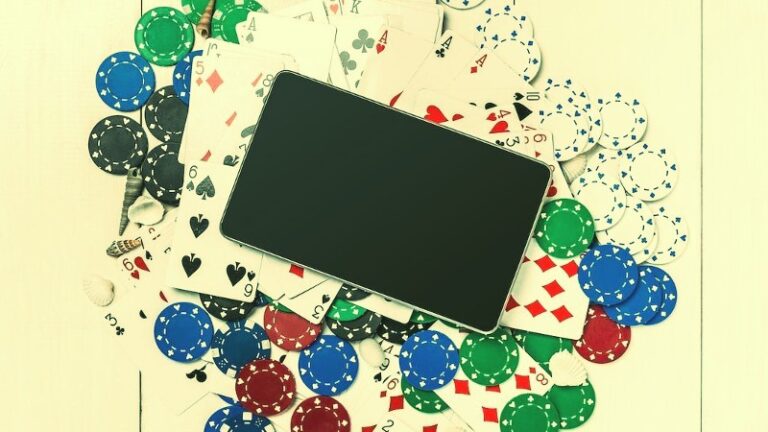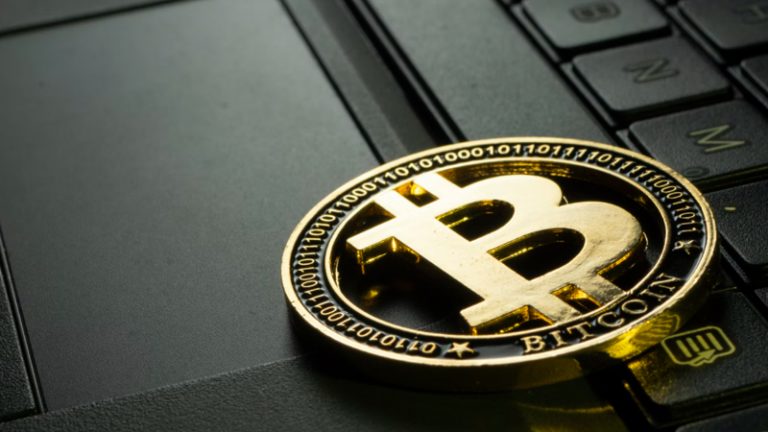Should I Give My PayPal Email Address To Someone?

PayPal is one of the most popular online payment platforms that makes it easy to send and receive money. A valid email address is required when signing up for PayPal and you can easily receive money to your PayPal account via your registered email. A question that’s commonly asked in PayPal forums is, “Should I give my PayPal email address to someone?” I intend to answer this question in this article.
It’s completely safe to give your email address to anyone that wants to send you money. Payments are sent and received to email addresses on PayPal. However, you should be careful about who you give your email to as a scammer may try to scam you.
You can be certain that your Paypal account can’t be hacked with just your email address. As long as you don’t give your password to anyone. You are safe. However. It’s common for fraudsters to send fake emails, which are disguised to be as if they are from PayPal, to you. The aim is to get you to click shady links that may install viruses to your computer or phone to steal your PayPal password and access your account.
Should I give my PayPal email address to someone on eBay?
If you are a seller on eBay and would like to receive payments through PayPal, you’ll have to give your email address to your buyers. And if you are not a seller on PayPal and are just looking to receive money from friends, family, clients, and so on, you’ll also have to give out your email address. To receive money to your PayPal account, the sender needs to have your registered PayPal email address.
It’s safe to give out your email address as you can’t be hacked with just your email address. The hacker/fraudster needs to have your password and this is why you should never reveal your password to anyone. Hackers can hack into the PayPal database to get users’ passwords. This hasn’t happened yet and looks highly unlikely considering the security measures Paypal has in place. So a fraudster will try to trick you or use different tricks to get you to reveal your password.
Dangers of giving out PayPal email
While giving out your email address is safe in the sense that you can’t be hacked, scammers will employ several measures to try to get your password. Usually, you’ll start receiving fake emails telling you that money has been sent to you when you have not received any payment. Hackers may even try to guess your password and gain access to your account. Hackers may hit a jackpot if you use a password similar to your email address. This is why you should always make sure to use strong passwords that cannot be guessed by hackers. Use letters, numbers, and special characters.
Using 2-factor verification will also come in handy in case a hacker manages to get your PayPal email as they won’t be able to log in and you’ll be informed of the attempted login. You can then take steps to secure your account.
The highest “risk” of being scammed is from the follow-up spam. My guess is that you already are dealing with that every day. I’ll be talking in detail about various PayPal email scams below. My advice to you is to treat your Paypal email like you would treat your car keys. Give your email to people and websites you trust.
Common email scams
PayPal typically contacts users through email. And this is why senders send fake mals that are disguised to look like they came from Paypal to you with the aim of getting your password. In this section, I’ll be providing information that will let you distinguish between emails from PayPal and fraudsters.
Faked sender email address
It’s common for fraudsters to fake the “friendly name” in the sender’s email address. For instance, an email that appears to be from PayPal could actually be from an email address like [email protected]. You can see the real full email address of the sender by hovering your mouse over the friendly name or simply clicking “Reply”. Note that some email clients may make it difficult to see the real name and some sophisticated fraudsters may even be able to fake the entire to look like it is PayPal.
The truth is that it’s not enough to verify the correct sender of any mail that looks like it came from PayPal. Log in to your PayPal address through the app (which you should download from a reputable source like Google Play or the App store), or through the website (always enter “www.PayPal.com” into your browser) instead of clicking a link in an email.
Advance fee fraud
You might have heard the saying that if it sounds too good to be true, then it probably is. I bet you’ll be careful if a stranger approaches you on the street and offers you a deal that you think is too good to be true. However, many people will not exhibit the same caution online. It’s common to see fraudsters sending you emails that you are to receive a very tempting sum of money. But they will ask you to first send some smaller amount (for taxes, for legal documents, etc.) before they send you the massive amount they promised you. Don’t fall for such scams!.
Other PayPal email fraud involves receiving emails asking you to verify your account. Should you receive an email like this, don’t click on any link and instead log in to your PayPal account to see if there is any issue you need to resolve. Even better, run an email lookup on such suspicious emails using a powerful tool like Information.com and report them to the authorities.






